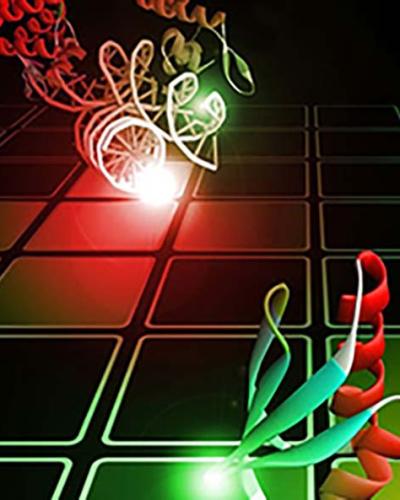Bioinorganic chemistry is about the structure, function, mechanism and dynamics of biologically relevant metal complexes and metal-containing proteins. Investigators in this area try to understand what the function of a biological relevant metal site is, how it achieves its function and what factors dictate its function through studying either small metal complexes or metalloproteins.
Our bioinorganic faculty study how metalloproteins handle and control metal ions inside cells, how metal sites promote challenging chemical transformations and mediate electron transfer, and how the geometric and electronic structure of biological metal sites are correlated with their function. We use modern synthetic methods, biological manipulations, theoretical calculations and advanced characterization techniques including single-molecule spectroscopy, ultrafast spectroscopy, and synchrotron-based x-ray spectroscopy and diffraction.
Related people

Peter J. W. Debye Professor

George W. and Grace L. Todd Professor

Professor

Stephanie Czech Rader ‘37 Professor in Chemistry
Related news


